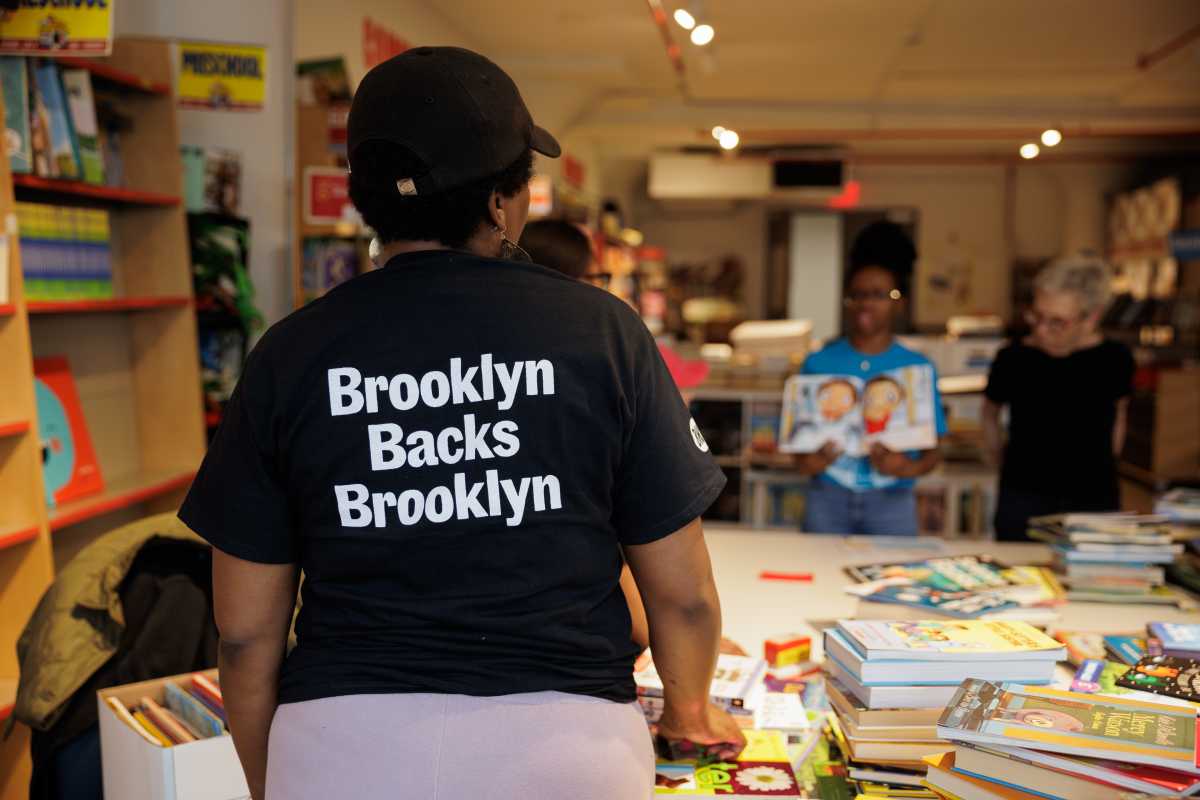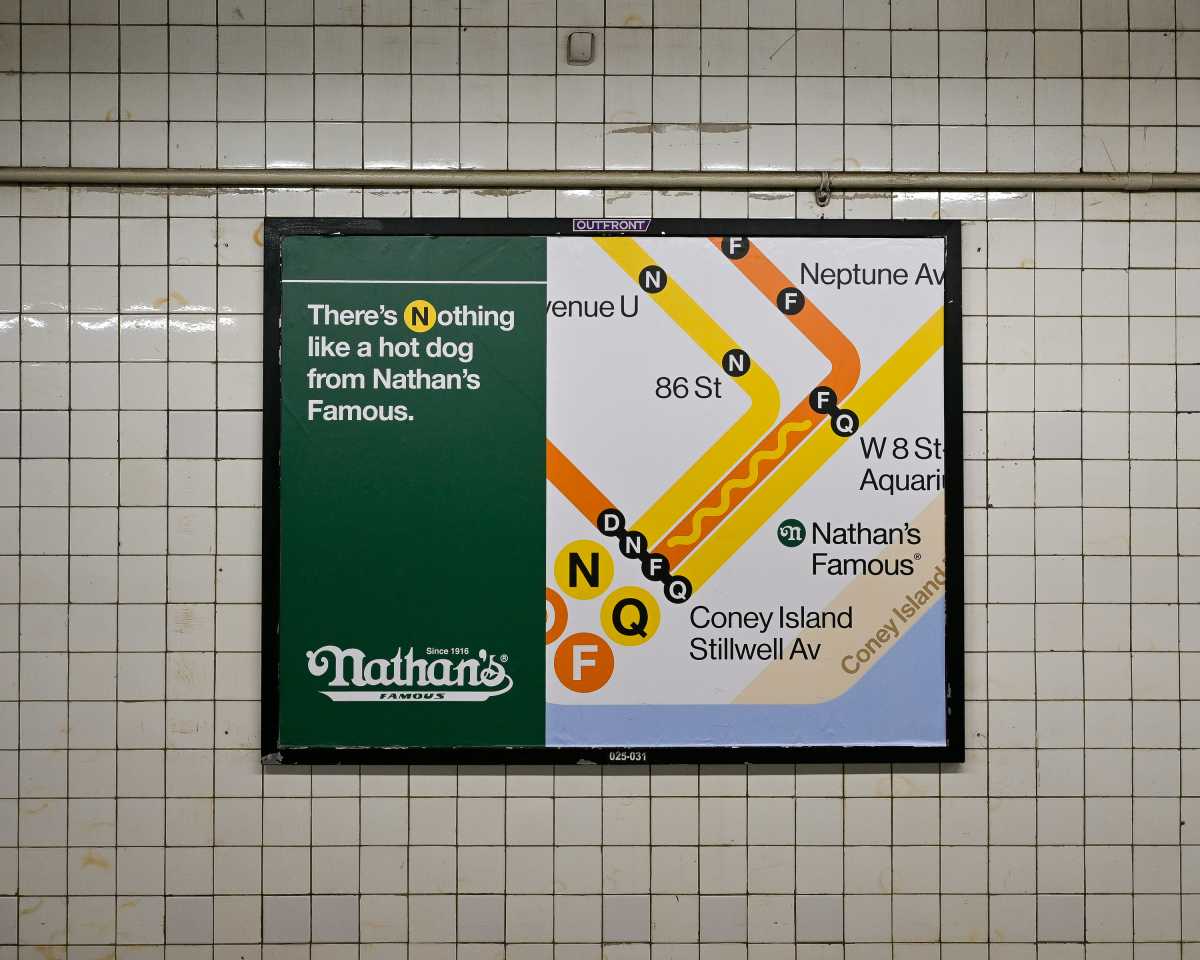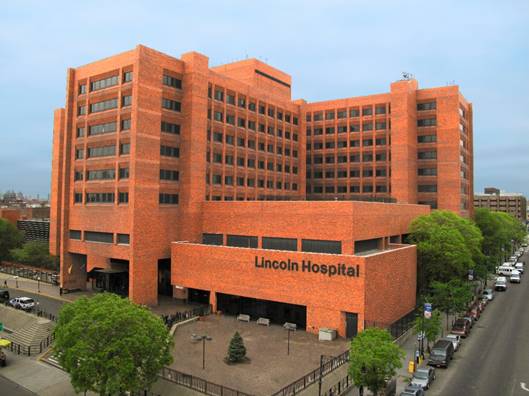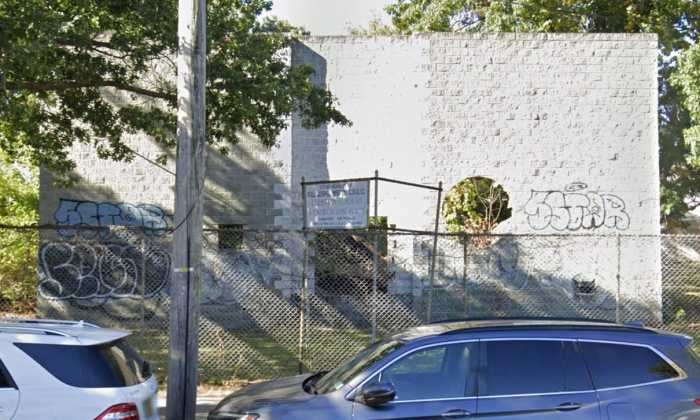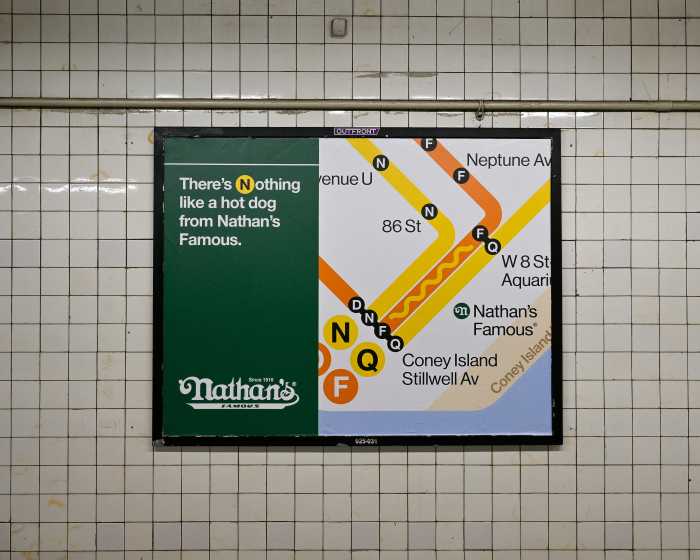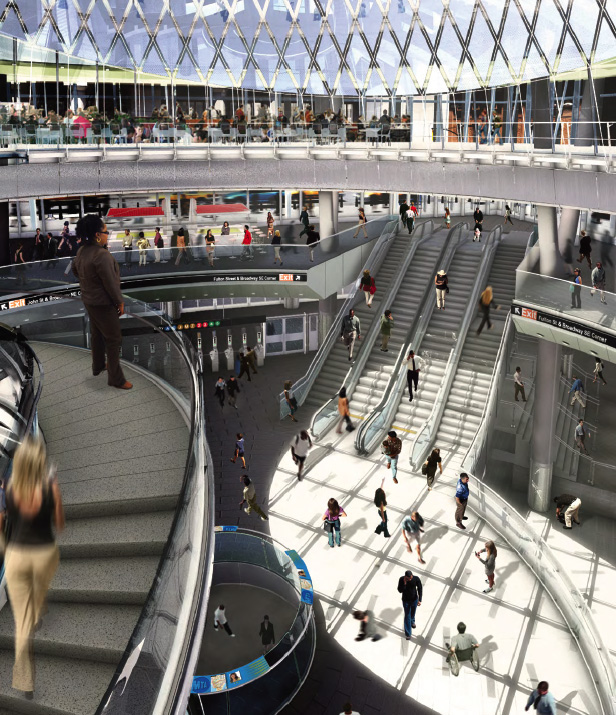
BY SAM SPOKONY | An M.T.A. official said on Wednesday that Downtown small businesses that were displaced in 2005 by construction on the Fulton Center will not have first dibs on any of the transit hub’s retail space before it opens next year.
The Metropolitan Transportation Authority has said it will announce the master lease holder for the Fulton Center’s 65,000 square feet of retail space within the next month. The winner will take charge of offering the market-rate rentals for retailers who want to open up shop in what the agency says will become the “Grand Central Terminal of Lower Manhattan.”
“We’re not forcing the master lessee to take [the displaced businesses] back, and they’ll have to go through the same process as anyone else,” said Michael Horodniceanu, president of the M.T.A.’s Capital Construction program, in response to a question from Councilmember Margaret Chin at a Council oversight hearing.
About 150 small businesses were displaced — or evicted, as Community Board 1 Chairperson Catherine McVay Hughes later said in her testimony at the hearing — by construction on the Fulton Center, which is expected to open in June 2014.
“Many of those businesses had longstanding, deep ties to local residents and workers,” said Hughes, who added that C.B. 1 hopes whatever new retailers open up in the transit hub will be able to meet the needs of those residents and workers.
Horodniceanu said he wasn’t yet sure what the rent prices would be for the center’s retail spaces. But it’s likely that they will be much higher than what the displaced businesses were paying there before 2005, keeping many of them out of contention for a spot.
Billy Baldwin, who owned a shop called Cookie Island at 189 Broadway until the Fulton Center construction pushed him out of that location, said in a phone interview Wednesday that the forced move bankrupted his business, which had officially opened on Sept. 11, 2001.
“We spent over $400,000 on that store, and we basically lost everything,” said Baldwin, adding that the business was particularly vulnerable because they were still paying off construction costs at the time of the displacement. He is currently trying to restart the business near his home on Long Island.
He said he understands that the M.T.A. had the legal right to push him out in 2005, and that it now has no legal obligation to help his business return to its previous location, but, upon hearing that the M.T.A. would not be providing any further assistance to his and other displaced businesses, he said he thinks the agency should have done more.
“Come on, they should at least give us some help — at least help us relocate to somewhere we can make a buck,” said Baldwin. “Honestly, they couldn’t have screwed someone over more than they screwed us [and the other displaced businesses] over.”
Several times at Wednesday’s hearing, Horodniceanu stressed that the M.T.A. is now “on time, and on budget” for the Fulton Center’s June opening, which had been delayed several times since it was originally estimated to be completed in 2007 at a cost of $750 million out of the post-9/11 federal transportation fund.
The total cost for construction of the center — which will connect 11 subway lines with an underground pathway to the World Trade Center PATH station, serving an estimated 300,000 daily passengers — is now $1.4 billion, according to the M.T.A.




